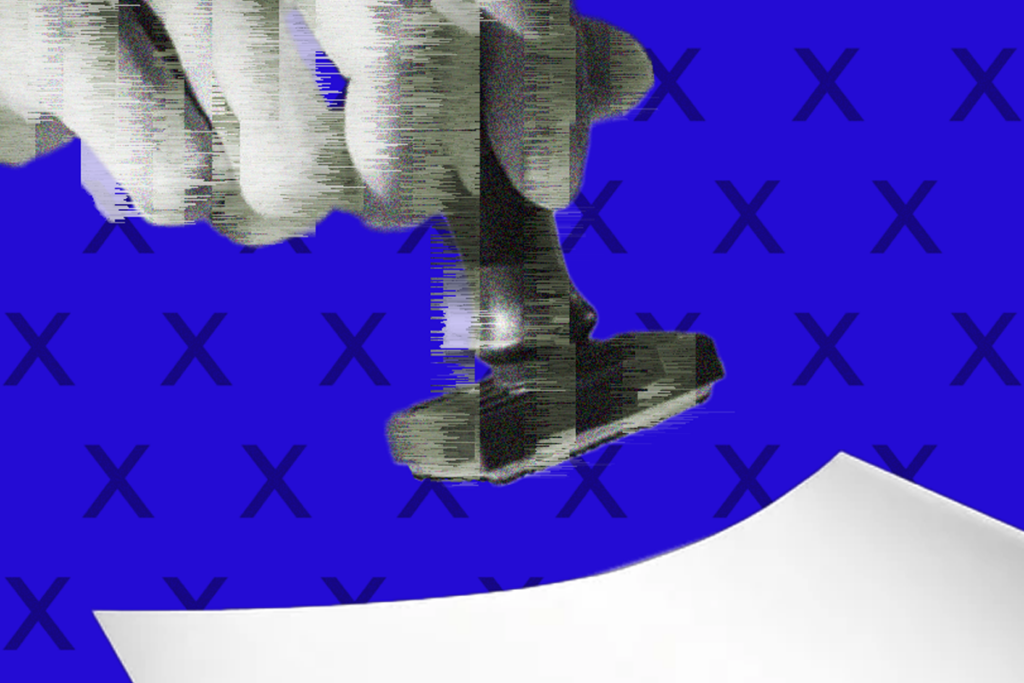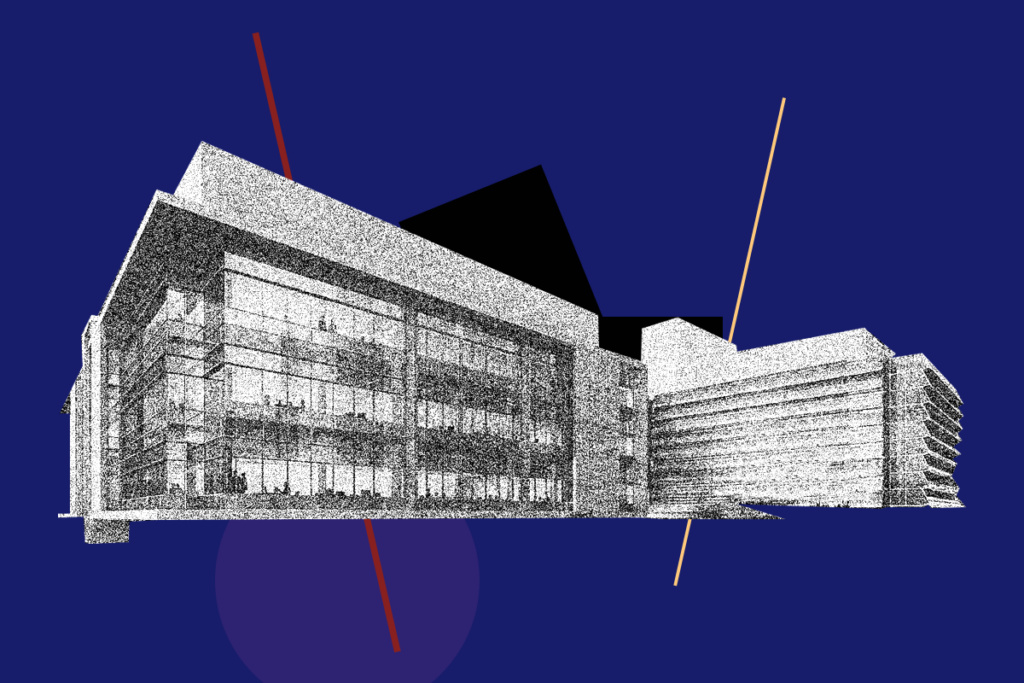Funding and policy
Recent articles
Stories about research grants, funding models and the business of science
Latest
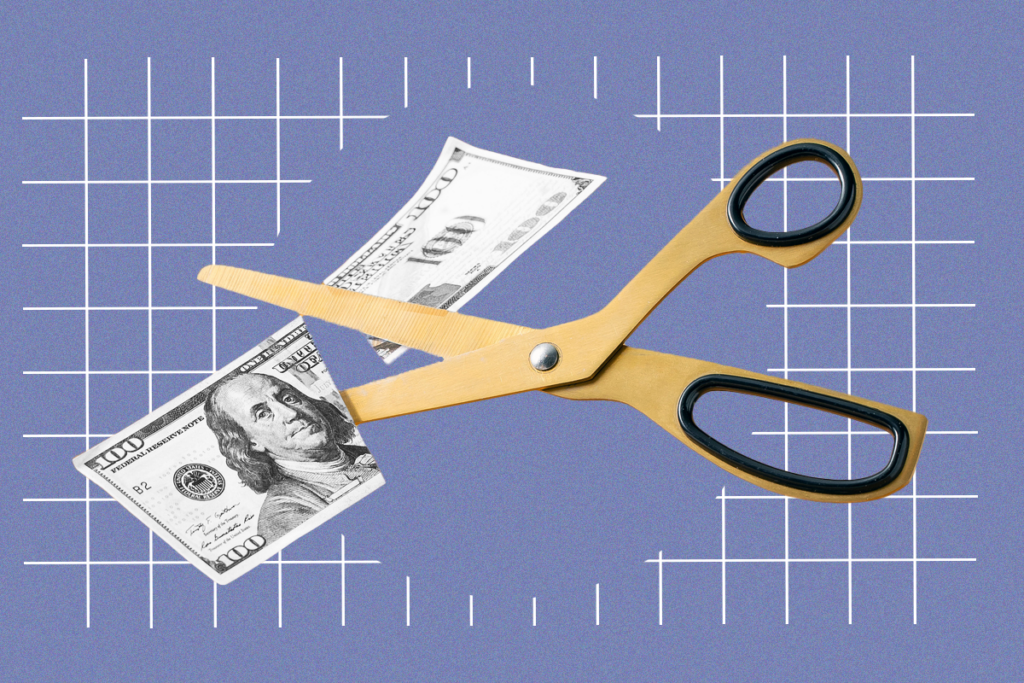
Exclusive: NIH nixes funds for several pre- and postdoctoral training programs
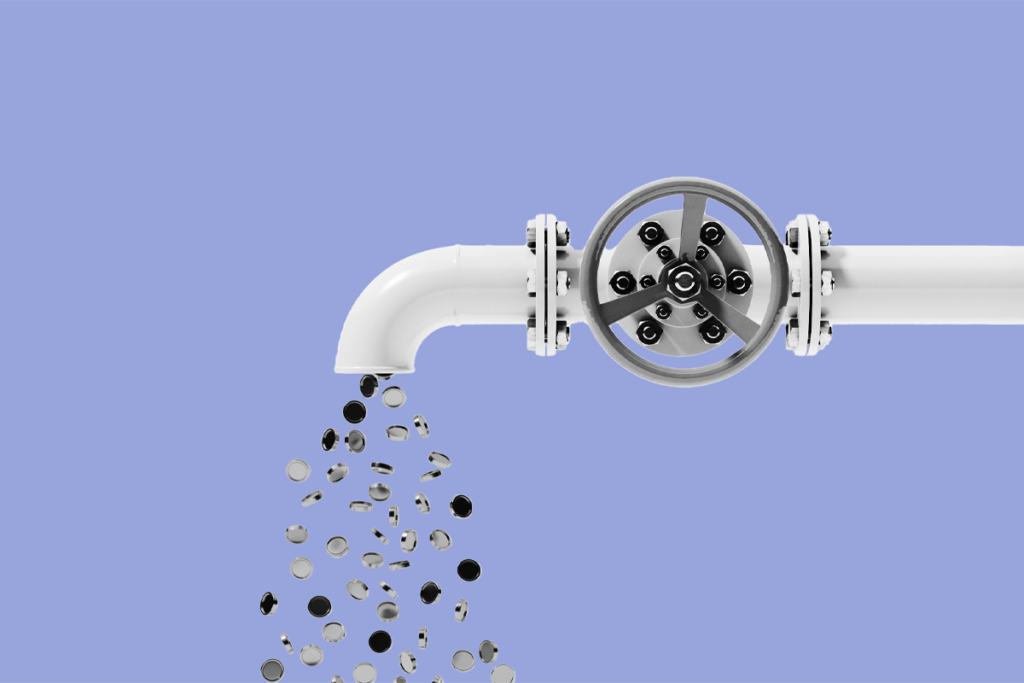
Newly awarded NIH grants for neuroscience lag 77 percent behind previous nine-year average

Five things to know if your federal grant is terminated
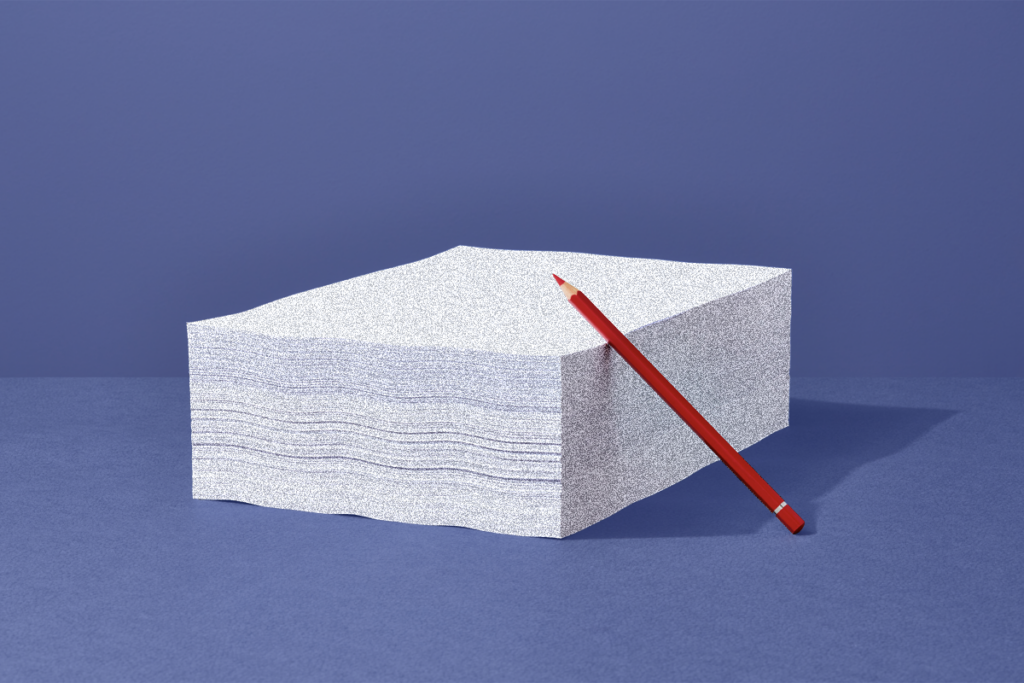
Who funds your basic neuroscience research? Help The Transmitter compile a list of funding sources

The future of neuroscience research at U.S. minority-serving institutions is in danger
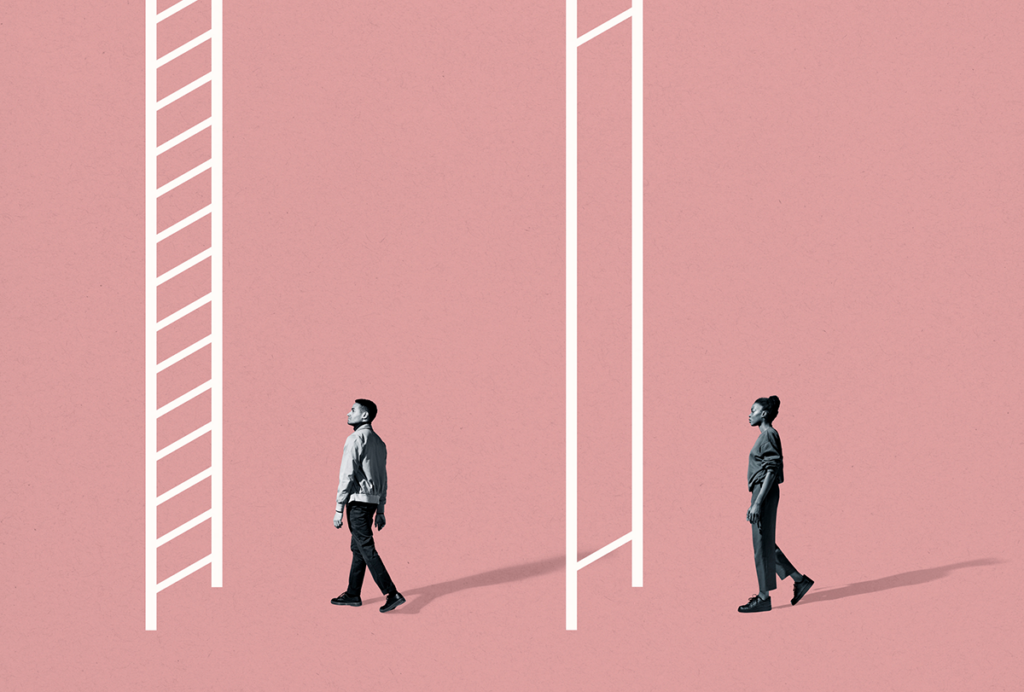
Adapt or die: Safeguarding the future of diversity and inclusion funding in neuroscience

Acting NIH director dismisses five neuroscientists from advisory boards
The letters they received this week did not include a reason for their termination.
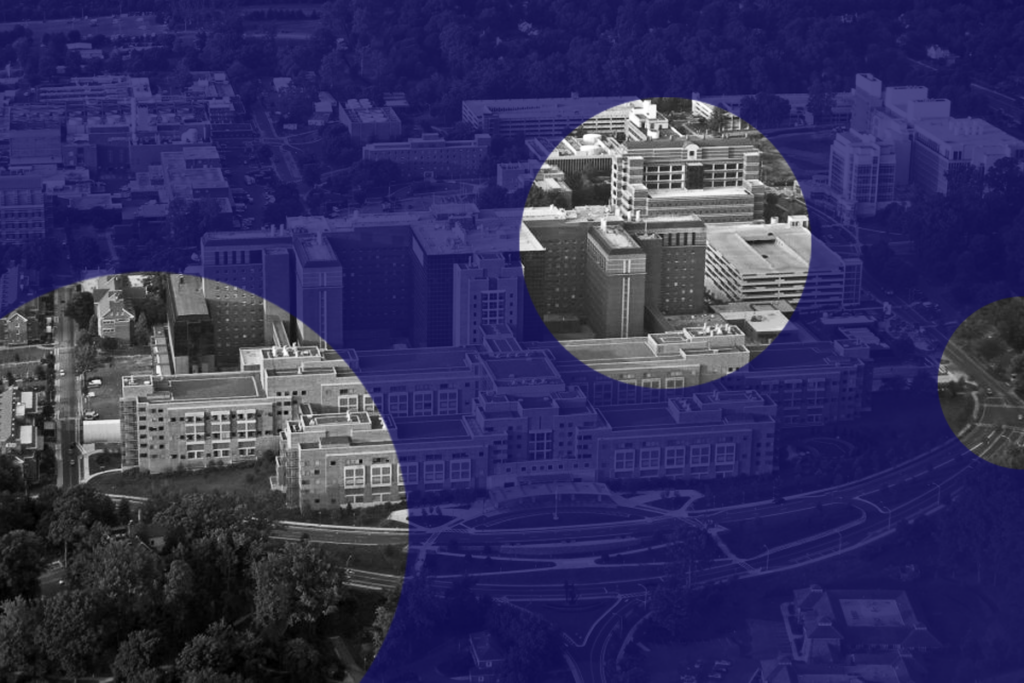
Acting NIH director dismisses five neuroscientists from advisory boards
The letters they received this week did not include a reason for their termination.
U.S. BRAIN Initiative set to lose $81 million this year
A government spending bill, which was approved today by the House of Representatives and heads next to a Senate vote, allocates 20 percent less funding for the program than last year.
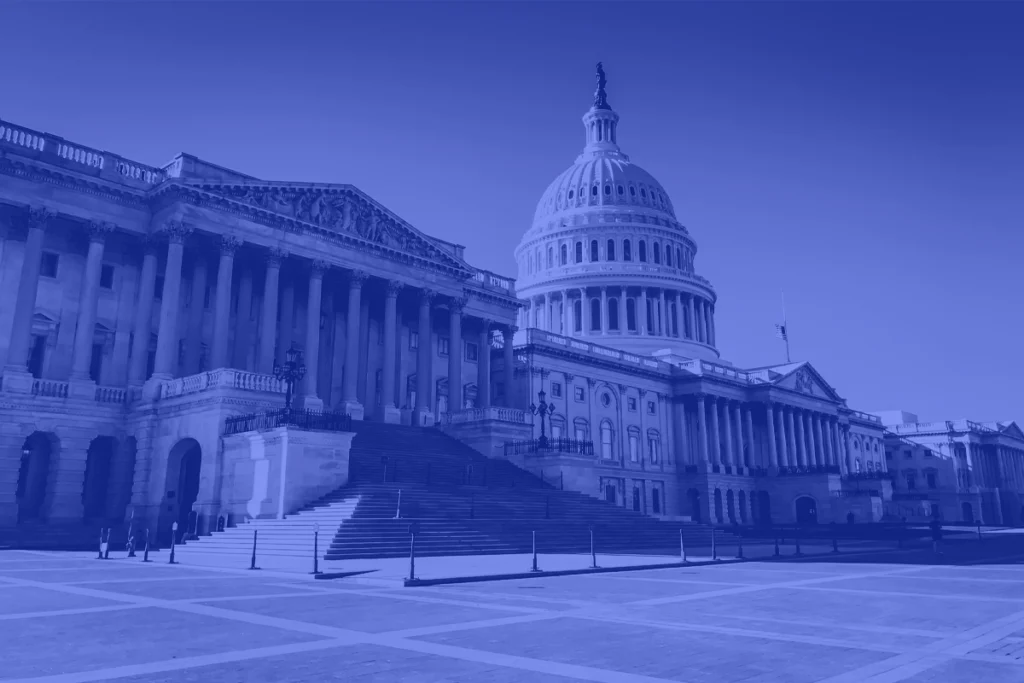
U.S. BRAIN Initiative set to lose $81 million this year
A government spending bill, which was approved today by the House of Representatives and heads next to a Senate vote, allocates 20 percent less funding for the program than last year.
Exclusive: Acting NIH director extends appointments for senior neuroscientists on administrative leave
The change averts termination for the three neuroscience lab heads, who were set to be let go tomorrow.
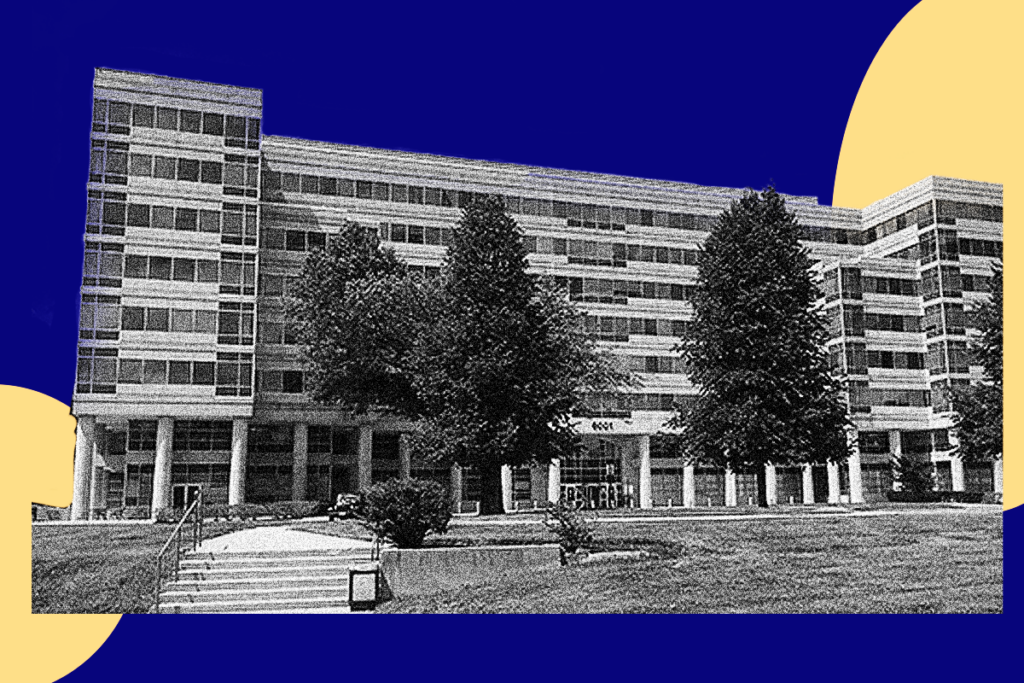
Exclusive: Acting NIH director extends appointments for senior neuroscientists on administrative leave
The change averts termination for the three neuroscience lab heads, who were set to be let go tomorrow.
Amid confusion around U.S. science, some neuroscientists prepare to rally
Eight neuroscientists at different career stages spoke with The Transmitter about whether they plan to participate in the upcoming “Stand Up for Science” demonstrations across the United States on 7 March.
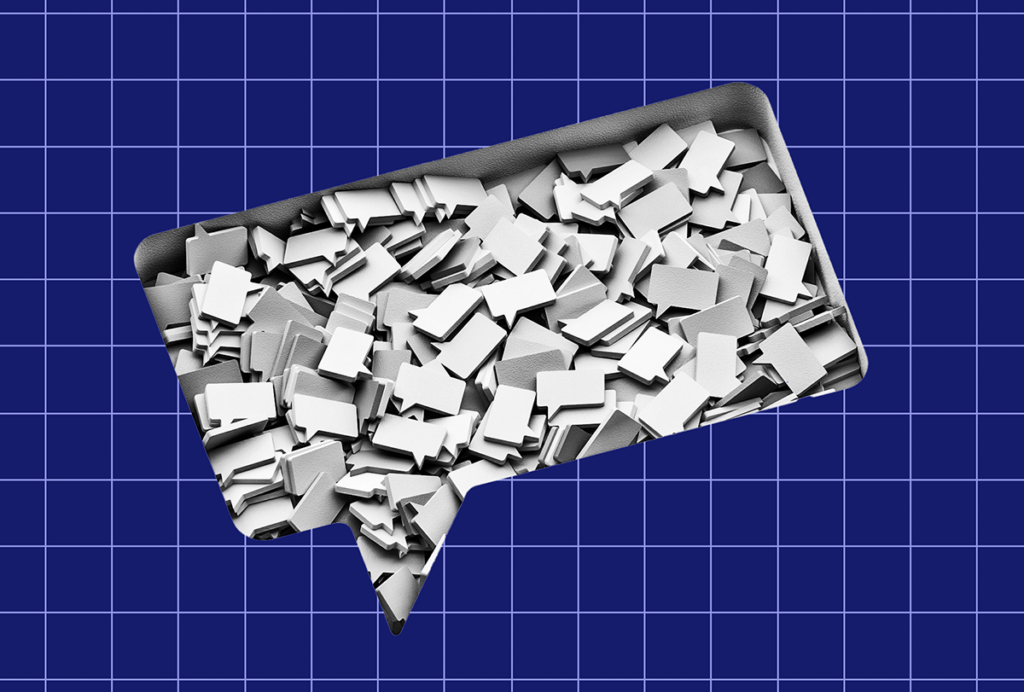
Amid confusion around U.S. science, some neuroscientists prepare to rally
Eight neuroscientists at different career stages spoke with The Transmitter about whether they plan to participate in the upcoming “Stand Up for Science” demonstrations across the United States on 7 March.
Neuroscience Ph.D. programs adjust admissions in response to U.S. funding uncertainty
Some departments plan to shrink class sizes by 25 to 40 percent, and others may inadvertently accept more students than they can afford, according to the leaders of 21 top U.S. programs.
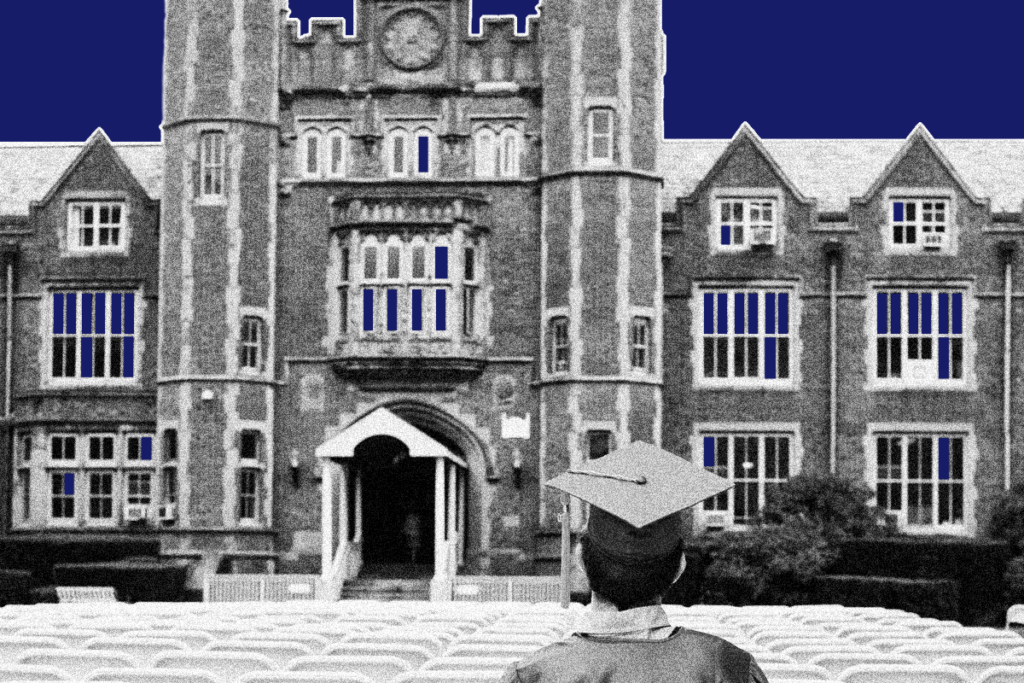
Neuroscience Ph.D. programs adjust admissions in response to U.S. funding uncertainty
Some departments plan to shrink class sizes by 25 to 40 percent, and others may inadvertently accept more students than they can afford, according to the leaders of 21 top U.S. programs.
Explore more from The Transmitter
Functional MRI can do more than you think
Recent technological advances provide a range of new and different information about brain physiology. But taking full advantage of these gains depends on collaboration between engineers and neuroscientists.

Functional MRI can do more than you think
Recent technological advances provide a range of new and different information about brain physiology. But taking full advantage of these gains depends on collaboration between engineers and neuroscientists.
Split gene therapy delivers promise in mice modeling Dravet syndrome
The new approach overcomes viral packaging limitations by delivering SCN1A piecemeal and stitching it together in target cells.

Split gene therapy delivers promise in mice modeling Dravet syndrome
The new approach overcomes viral packaging limitations by delivering SCN1A piecemeal and stitching it together in target cells.
U.S. human data repositories ‘under review’ for gender identity descriptors
Researchers associated with the repositories received an email from the U.S. National Institutes of Health in March noting that they must comply with a 20 January executive order from President Trump that recognizes only two sexes: male and female.
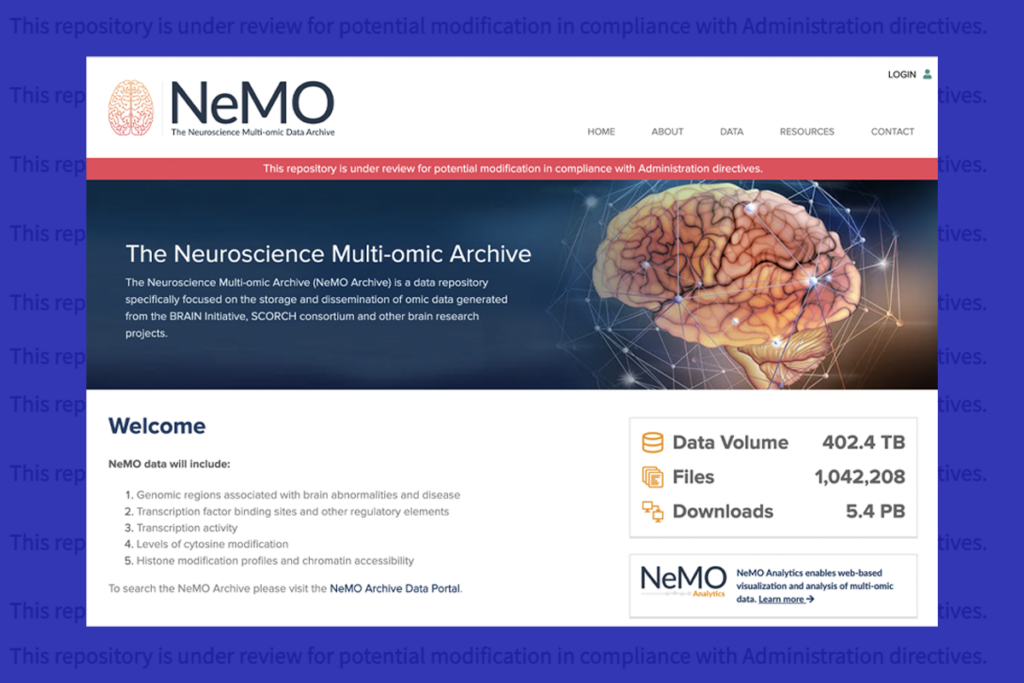
U.S. human data repositories ‘under review’ for gender identity descriptors
Researchers associated with the repositories received an email from the U.S. National Institutes of Health in March noting that they must comply with a 20 January executive order from President Trump that recognizes only two sexes: male and female.

